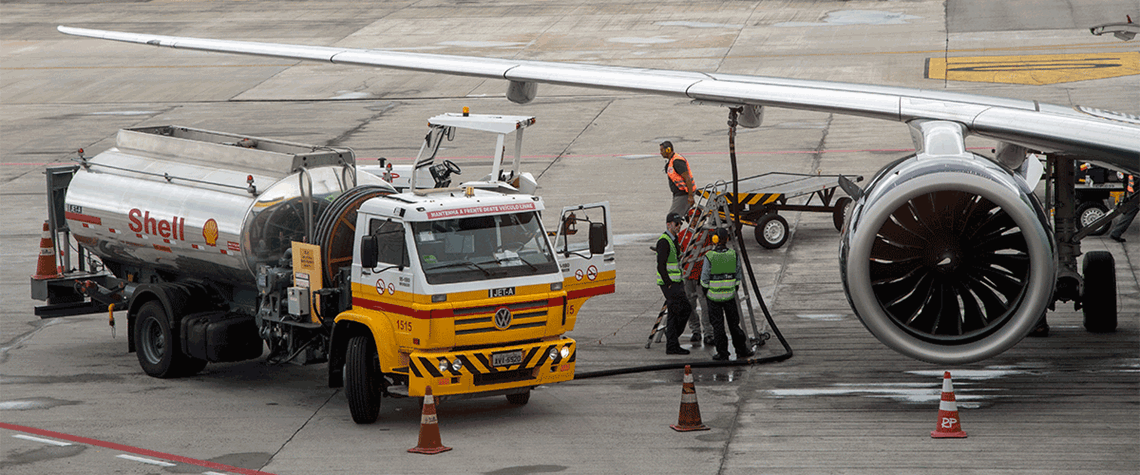Shell sees DAC potential for synthetic fuels production
Direct air capture could be significant provider of CO₂ feedstock, oil major says in climate-focused future energy scenario
Direct air capture (DAC) technology could play a significant role in the production of synthetic fuels for aviation and other applications by 2050, as well as channelling billions of tons of CO₂ into permanent storage, Shell says in a future energy scenario published this week. Shell raises the prospect of a “dual role” for DAC in its Sky 2050 scenario, where long-term climate security is the primary driver of global policy and investment, and specific emissions targets bring the global average surface temperature rise down to 1.2°C by 2100. An alternative ‘Archipelagos’ scenario, where concerns over energy security become entrenched worldwide and long-term sentiment shifts away from emissio

Also in this section
9 January 2026
A shift in perspective is needed on the carbon challenge, the success of which will determine the speed and extent of emissions cuts and how industries adapt to the new environment
2 January 2026
This year may be a defining one for carbon capture, utilisation and storage in the US, despite the institutional uncertainty
23 December 2025
Legislative reform in Germany sets the stage for commercial carbon capture and transport at a national level, while the UK has already seen financial close on major CCS clusters
15 December 2025
Net zero is not the problem for the UK’s power system. The real issue is with an outdated market design in desperate need of modernisation







